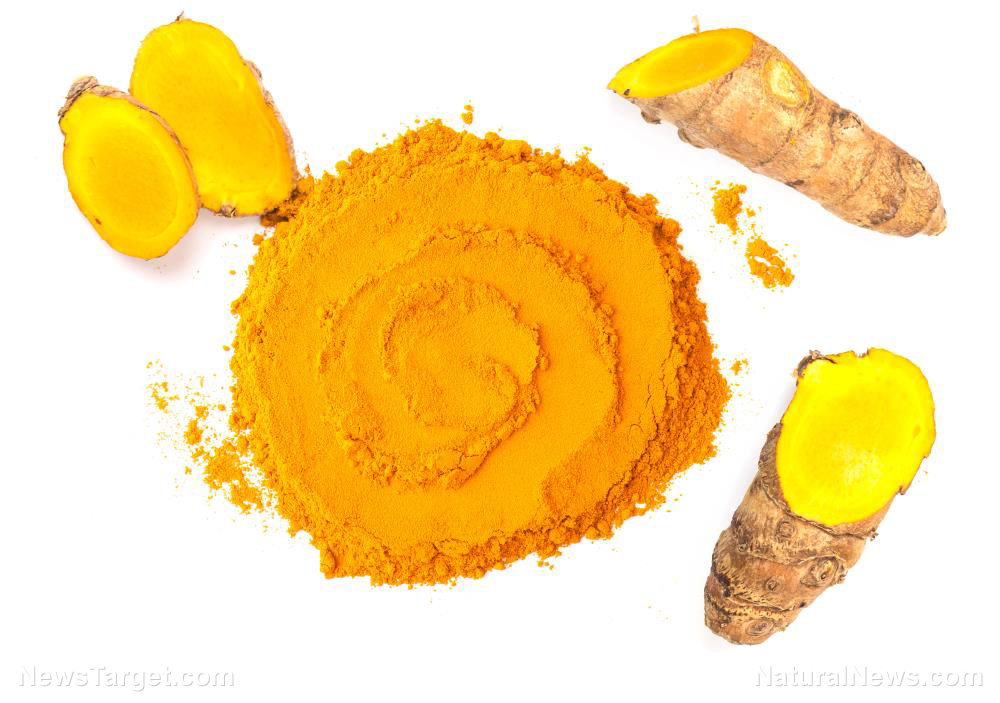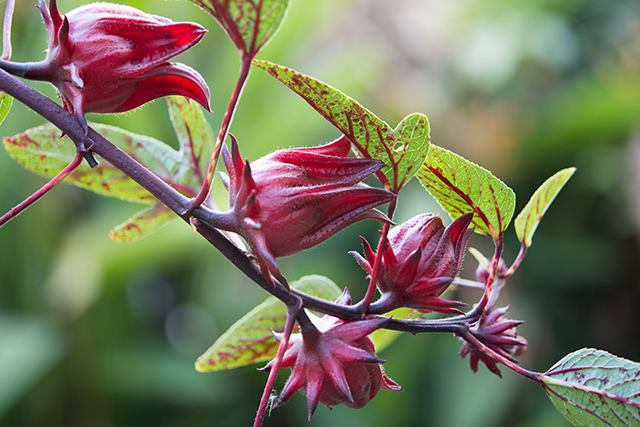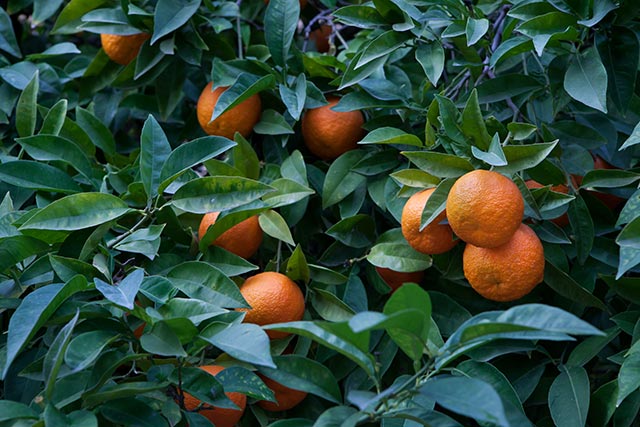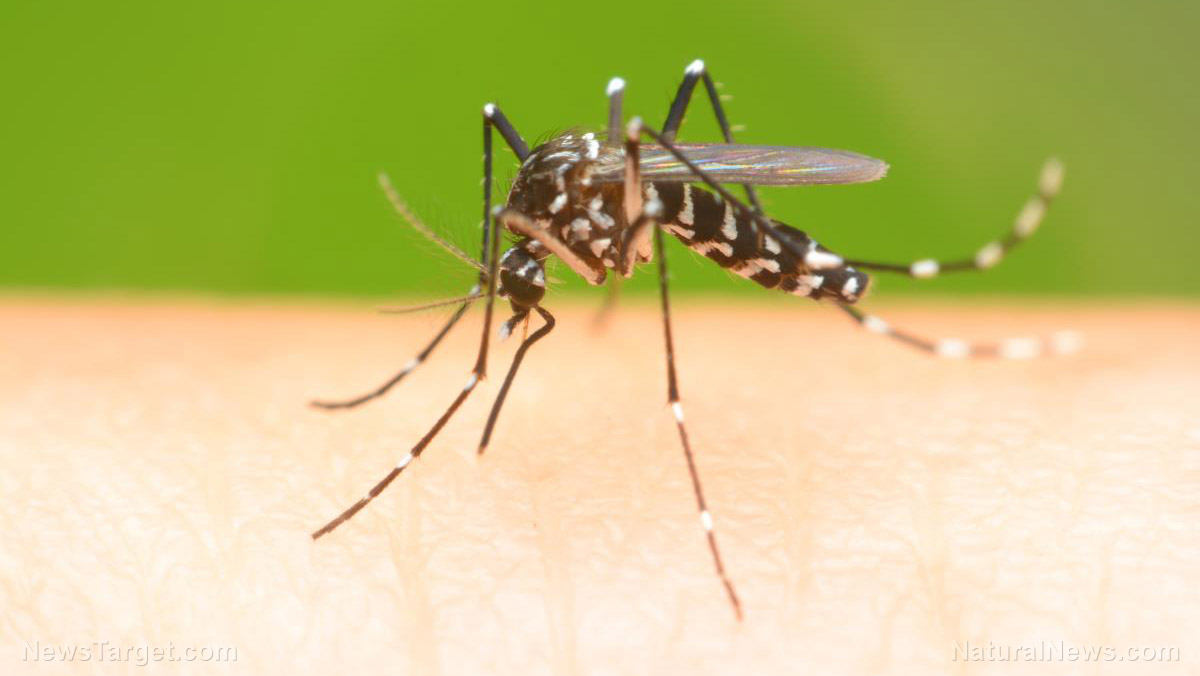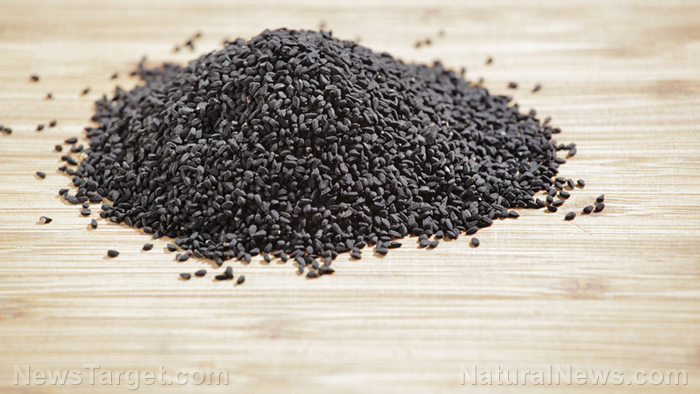Study confirms the effectiveness of fennel for reducing postmenopausal symptoms
01/22/2019 / By Zoey Sky
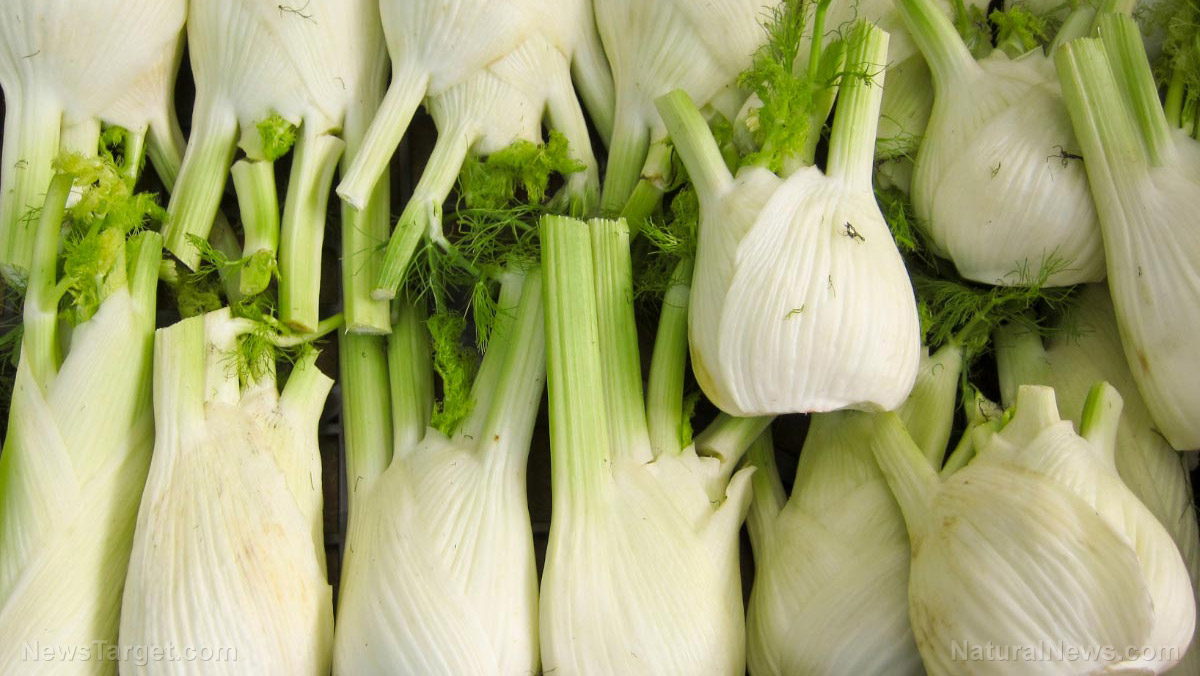
Fennel (Foeniculum vulgare) is a herb that is used to infuse dishes with a delicate flavor similar to anise. The herb possesses medicinal properties, and a study has revealed that fennel can be used to help reduce the symptoms of postmenopause.
The study was published in Menopause, the journal of The North American Menopause Society (NAMS).
Fennel is traditionally used to treat different health issues like digestion and premenstrual symptoms. According to the press release of the NAMS study, fennel is also an effective remedy that can also be used to manage postmenopause symptoms that include anxiety, hot flashes, sleeplessness, and vaginal dryness without any serious side effects.
For the study, researchers conducted a small trial that involved 79 Iranian women. The researchers completed the study in Tehran, Iran, since the average age of women at menopause in the country is younger (48.2 years) compared to the U.S. (51 years).
The female participants, who were aged 45 to 60 years old , were given soft capsules containing 100 milligrams (mg) of fennel twice a day for a period of for eight weeks. The researchers compared improvements between the women from the intervention and placebo groups at four, eight, and 10 weeks. The results of the trial revealed a significant statistical difference between the two groups.
The study findings suggest that fennel is a natural and safe treatment that can effectively minimize menopausal symptoms without severe side effects. This study is one of the first clinical studies that analyzed the benefits of fennel for managing menopause symptoms.
100% organic essential oil sets now available for your home and personal care, including Rosemary, Oregano, Eucalyptus, Tea Tree, Clary Sage and more, all 100% organic and laboratory tested for safety. A multitude of uses, from stress reduction to topical first aid. See the complete listing here, and help support this news site.
Some of the most common symptoms of menopause include:
- Anxiety
- Depression
- Exhaustion
- Hot flashes
- Irritability
- Joint and muscular discomfort
- Sleep problems
- Vaginal dryness
An earlier study has already confirmed that the beneficial herb can be used to manage premenopause symptoms.
The findings from these studies have helped identify safer complementary and alternative medicines that can be used to manage menopause symptoms, and these remedies have caught the attention of women who are interested in risk-free alternatives to hormone therapy (HT).
HT, which is one of the most effective treatments for managing most menopausal symptoms, is often associated with negative side effects that deter women from resorting to this kind of treatment. Other women prefer herbal medicine because they aren’t suitable candidates for HT, or they want to avoid the side effects of the treatment.
Fast facts on fennel
The herb fennel has essential oils with phytoestrogenic properties. Phytoestrogens are chemicals in plants that have similar properties to estrogen and they can be used to cure many menopausal symptoms. (Related: The amazing benefits of fennel seeds.)
- Fennel has a taste similar to anise and licorice.
- Traditionally used in natural remedies, fennel has a pale bulb and long green stalks.
- The herb can grow almost anywhere.
- All parts of the fennel plant, from the bulb, stalk, leaves, to its seeds, are edible.
The United States Department of Agriculture (USDA) National Nutrient Database, reports that a raw fennel bulb that weighs 234 grams (g) has:
- 73 calories,
- 0.47 g of fat
- 2.9 g of protein
- 7.3 g of dietary fiber
- 17 g of carbohydrate
- Zero cholesterol
Fennel also contains:
- Beta-carotene
- Choline
- Copper
- Folate
- Lutein
- Manganese
- Niacin
- Pantothenic acid
- Phosphorous
- Selenium
- Vitamin E
- Vitamin K
- Zeaxanthin
- Zinc
Additionally, fennel is rich in dietary nitrates.
You can read more articles about healing herbs and natural remedies that can also help reduce postmenopausal symptoms at WomensHealth.news.
Sources include:
Tagged Under: fennel, healing herbs, health news, herbal remedies, Herbs, menopausal health, menopausal symptoms, Menopause, natural cures, natural health, natural remedies, postmenopausal health, postmenopausal symptoms, postmenopause, women's health

